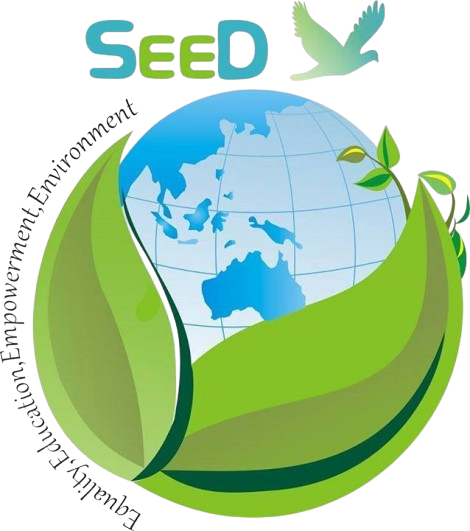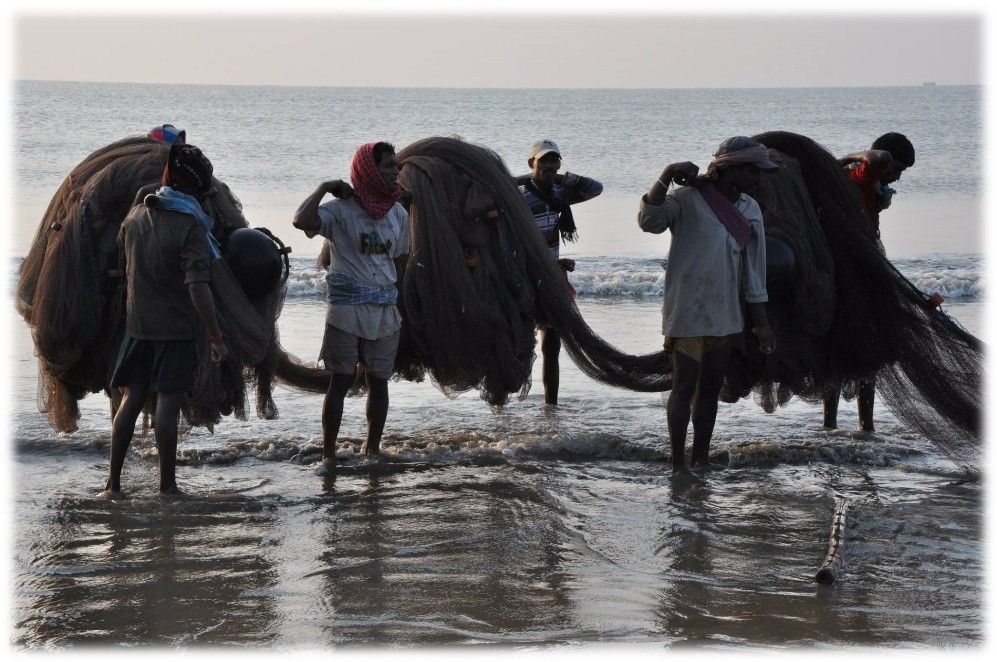






Objective:
The primary objective was to address the multifaceted challenges faced by fishing communities due to climate change, legal complexities and technological gaps in the Bay of Bengal region. The program aimed to reduce the vulnerability of fishermen who unintentionally cross maritime boundaries and face detention in Bangladesh, while simultaneously addressing the chronic decrease in fish populations caused by climate change, overfishing and destructive fishing practices.
SEED sought to establish collaborative mechanisms for prompt rescue and repatriation of detained fishermen, implement proper navigation technology for fishing boats and promote sustainable fishing practices that protect marine ecosystems. The initiative was designed to uplift fishing communities by reducing poverty, preventing displacement to urban areas and ensuring dignified treatment of fishermen while contributing to multiple SDGs including No Poverty, Zero Hunger, Climate Action, Life Below Water and Peace and Justice.
Overview:
SEED's comprehensive program addressing climate-induced problems of marine fishermen emerged from the critical need to support fishing communities in the Indian portion of the Bay of Bengal who have depended on marine resources for over half a century but face increasing challenges due to climate change and legal complexities.
The initiative recognized that fishermen are forced to venture near international borders to find fish due to declining populations caused by environmental degradation, climate vulnerability and overfishing, leading to unintentional border crossings and detention in Bangladesh. The program tackled three core areas: legal complexity and lack of collaborative actions, technological gaps in boat tracking and fishermen identification systems and unsustainable fishing practices that threaten marine ecosystems.
Through strategic partnerships and multi-stakeholder collaboration, SEED developed a holistic approach that combined capacity building, technological innovation, legal aid services and advocacy efforts to create sustainable solutions for fishing communities while promoting regional cooperation and environmental conservation in one of the world's most climate-vulnerable coastal regions.
Impact:
Trained over 1,800 fisherfolk in sustainable and marine biodiversity friendly fishing techniques.
Contributed to national and international policy discussions on maritime boundary management and climate-induced migration of fisherfolk.
Developed specialized legal aid services that reduced the average cost of legal battles through streamlined repatriation protocols



Subscribe to the SEED Newsletter — and be part of the change!